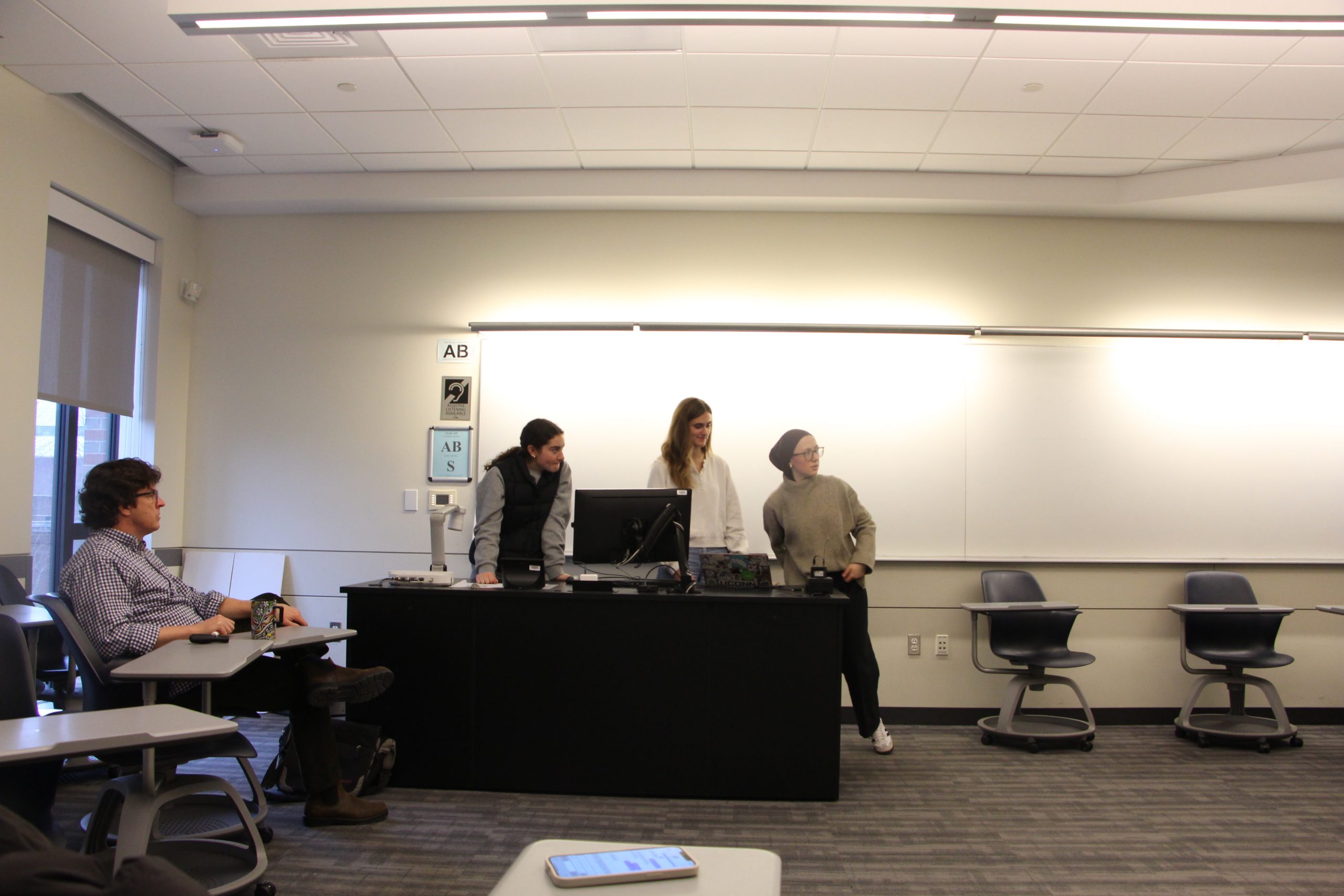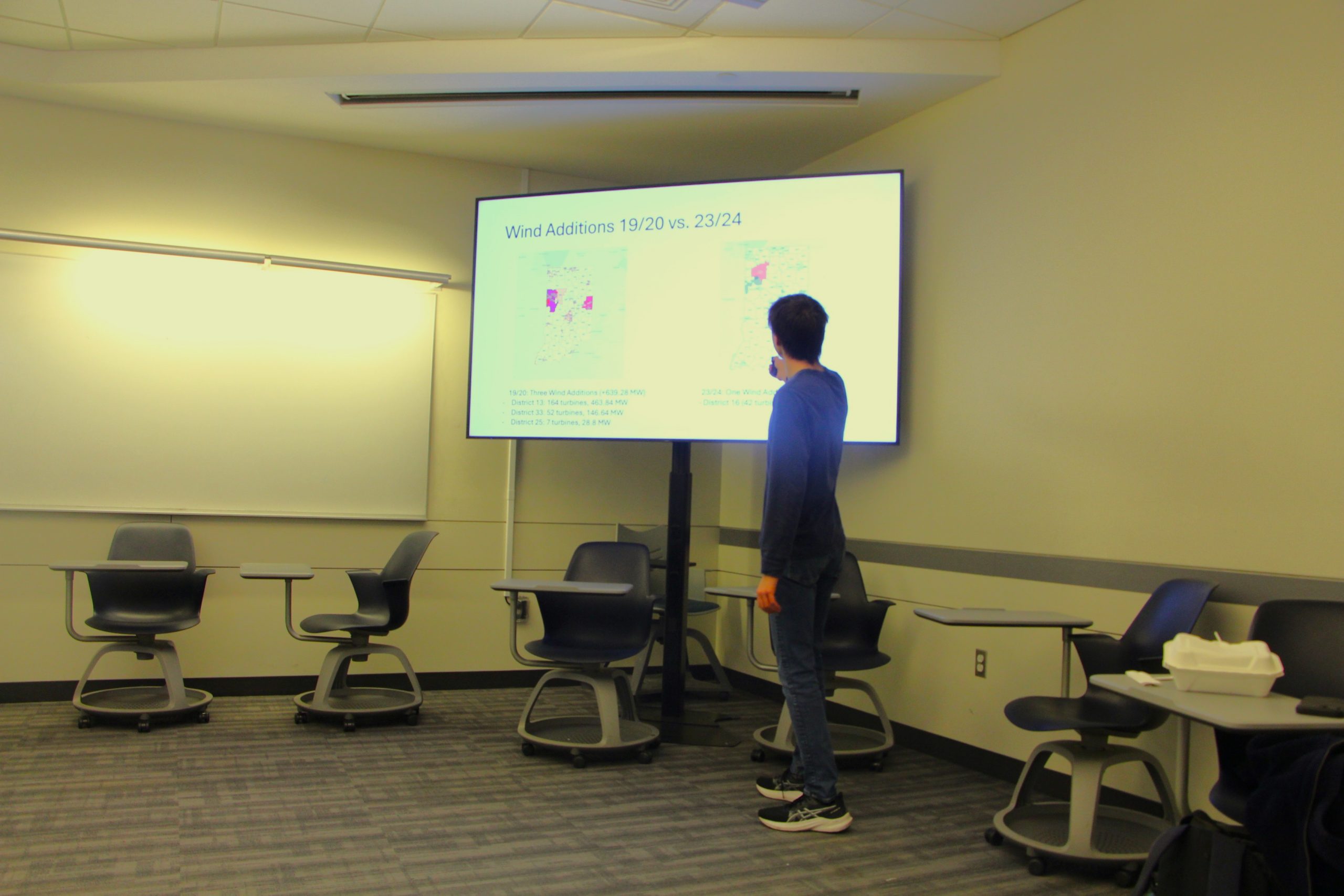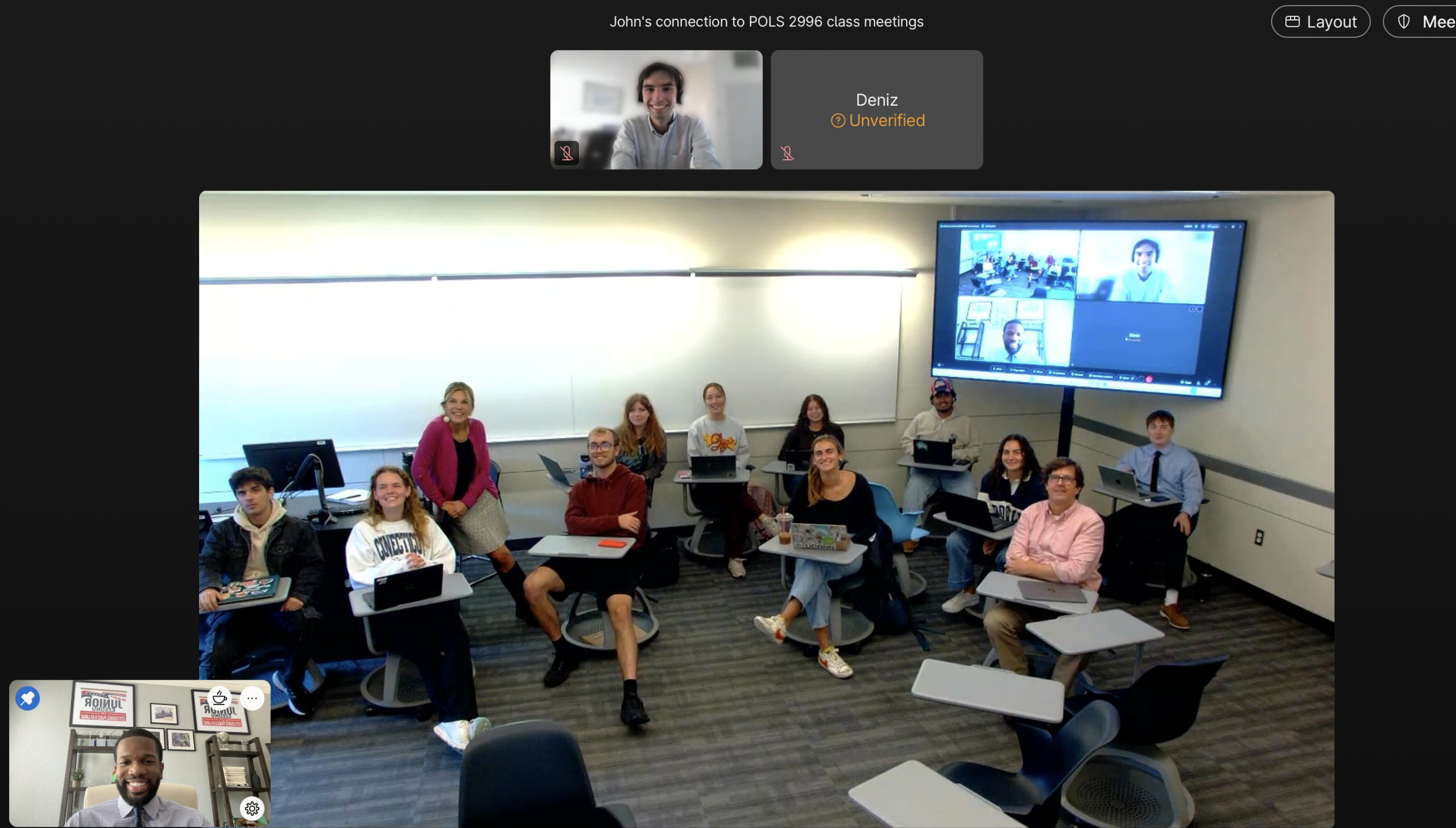
Our research examines how the renewable energy expansion influences voter attitudes and elections, informing policy on the U.S. transition to a clean energy future.

Our research examines how the renewable energy expansion influences voter attitudes and elections, informing policy on the U.S. transition to a clean energy future.
About the Lab
The decarbonization of the US energy system to fight climate change is crucial, but not inevitable. It hinges now on the political feasibility of large expansions in renewable energy infrastructure. Our lab seeks to understand the drivers and electoral consequences of attitudes about renewable energy infrastructure. We are bringing together geospatial data on the expansion of renewable energy, as well electoral outcome and public opinion data to understand the repercussions of this expansion.
This work has important policy implications, providing concrete insights into when and where we expect electoral benefits to arise from the renewable energy transition. This work also sheds light on the psychology of the American voter, illustrating how people prioritize the costs and benefits of renewable energy. While the not in my backyard (NIMBY) phenomenon mobilizes opposition, concerns about energy independence, grid stability, environmental protection, and justice mobilize support.
Our team is based at the University of Connecticut, spanning both the departments of Political Science and Geography. Meet our team here.





